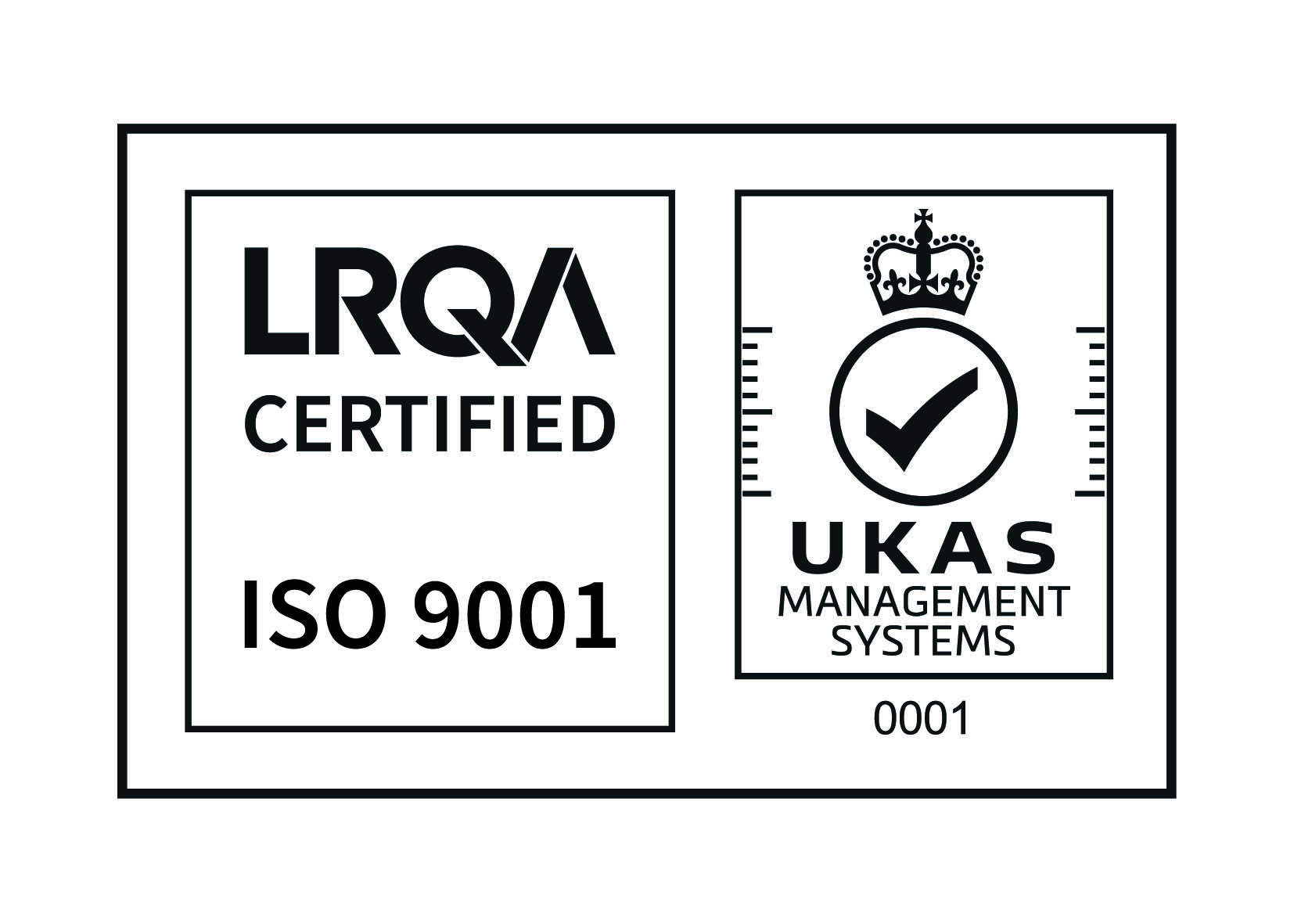Noval Coronavirus (2019-nCoV) - Ikan Advisory
Pooja Sapra
Mar 11, 2020

Namskar or Namaste, the old Indian greeting with folded hands, where two bodies do not come in contact while greeting each other seem to be the greeting method of choice this season with the outbreak of the Noval Coronavirus.
The 2019 novel coronavirus (2019-nCoV) is a contagious virus that causes respiratory infection and can transfer from human to human. It generally starts with a fever, followed by a dry cough and then after a week leads to shortness of breath. Older people and people with pre-existing medical conditions are more susceptible to this virus. The incubation period between infection and showing any symptoms may be as short as two days to as long as up to 14 days.
People who are infected may show no symptoms, but are still INFECTIOUS.
Symptoms of Corona Virus Disease 2019 (COVID-19):
Some of the common symptoms are:
Fever
Difficulty in Breathing
Coughing
Tightness of Chest
Running Nose
Head Ache
Feeling of being unwell
Pneumonia
Kidney Failure
Those suspected with influenza like Illness should immediately seek medical assistance and should be confined to home in order to avoid any further transmission. You may be asked for self-quarantine to protect others if you have travelled to a high risk area even if you do not show any symptoms.
Mode of transmission
Human Coronavirus (2019-nCoV) most commonly spread from an infected person to other through:
By coughing and sneezing and if the person is in close proximity to the infected.
Close personal contact, such as touching or shaking hand
Touching an object or surface with the virus on it, and then touching your mouth, nose, or eyes before washing your hands. This Virus may last for up to 48 hours on objects.
How to reduce risk of Coronavirus infection (2019-nCoV) : Prevention is better than cure so it is of paramount importance to prepare for any disruptions to your life if the corona virus spreads. Take the below precautions to reduce the chance of contamination.
Wash your hands frequently, regularly and thoroughly with an alcohol-based hand rub or wash them with soap and water. Wash the back of your hands, between the fingers and under the nails for up to 20 seconds. Carry a sanitiser to make frequent cleaning of your hands easy.
Cover nose and mouth when coughing & sneezing with tissue or flexed elbow or use mask and discard them immediately in a waste bin. Don’t wear the mask for more than a day.
Avoid close contact with anyone with cold or flu like symptoms. Maintain at least 1 metre (3 feet) distance between yourself and anyone who is coughing or sneezing. When someone coughs or sneezes they spray small liquid droplets from their nose or mouth which may contain virus. Avoid sharing your personal items, foods, utensils, cups and towels.
When the strain falls on a fabric it generally remains for 9 hours, so washing clothes or being exposed to the sun for two hours helps in killing the virus. Drinking hot water and sun exposure will play a vital role.
Avoid touching eyes, nose and mouth. Hands touch many surfaces and can pick up viruses. Once contaminated, hands can transfer the virus to your eyes, nose or mouth. From there, the virus can enter your body and can make you sick.
Avoid eating frozen meat.
Stay home if you feel unwell. If you have a fever, cough and difficulty breathing, seek medical attention
Isolation of symptomatic patients for at least 14 days
DO’s and DON’T’s TO PROTECT YOURSELF AND YOUR FAMILY :
DO’s
DON’Ts
Cover your nose and mouth with disposable tissue or handkerchief while coughing or sneezing
Touching eyes, nose or mouth with unwashed hands
Frequently wash your hands with soap and water
Hugging, kissing and shaking hands while greeting
Avoid crowded places
Spitting in public places
Person suffering from Influenza like illness must be confined at home
Taking medicines without consulting doctor
Stay more than one arm’s length distance from persons sick with flu
Excessive physical exercise
Take adequate sleep and rest
Disposal of used napkin or tissue paper in open areas
Drink plenty of water/liquids and eat nutritious food
Touching surfaces usually used by public (Railing, door gates, etc)
Person suspected with Influenza like illness must consult doctor
Smoking in public places
Butter Chicken: A 40s Baby
Feb 19, 2024
The birthplace of butter chicken can be traced back to Delhi, India, in the late 1940s. Legend has it that the inception of this culinary masterpiece occurred...
Porbandar: The City That Gave Us the Mahatma
Feb 8, 2024
Nestled along the picturesque coastline of Gujarat, India, lies the captivating city of Porbandar. Known for its rich historical heritage, serene beaches, an...
Exploring the Delightful Burmese Dish: Atho
Jan 29, 2024
Burmese cuisine is a tapestry of flavors, blending influences from neighboring countries and creating unique and delightful dishes. One such delicacy that st...






